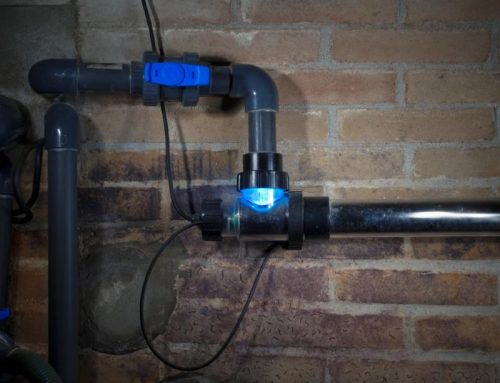Water conditioners are designed to improve the quality of water in a home. There are a number of different kinds of water conditioning systems, including salt-free water conditioners and electromagnetic water softeners. If you’re considering buying one for your home, there are a number of questions you should ask yourself.
Salt-free water conditioners
Salt-free water conditioners are a great option for homes that want to reduce scale buildup in the water. These systems work by creating hardness crystals that stay in the water instead of sticking to the surfaces they come in contact with. This means that you can use less soap while washing and have cleaner and brighter laundry. They are also easy to use and do not require any chemicals.
Salt-free water conditioners come in a variety of styles, from simple filters to electromagnetic space-age systems. One of the most popular types uses a process called nucleation assisted crystallization, or NAC. It involves tiny plastic beads with nucleation sites that attract calcium and magnesium ions. The beads will then break off once they have reached a certain size. This process helps to reduce scale in water appliances and fixtures.
Electromagnetic water conditioners
Electromagnetic water conditioners work by passing electricity through the wires surrounding a water pipe. This creates a small magnetic field that alters the chemistry of the water in the pipe. Many of these water conditioners claim to remove scaling from your water. Scaling is a white or green precipitate that forms as a result of water hardness.
The main benefit of using a magnetic water conditioner is that it contains no chemicals, making it an eco-friendly option for water purification. In contrast, other water conditioner treatments add salt or chemicals to the water, causing contamination of streams and groundwater. Another benefit of magnetic water conditioners is their ability to improve the efficiency of water-using equipment. As a result, the equipment will operate more efficiently, reducing maintenance costs and extending the life of major appliances.
Salt-free water softeners
There are many benefits to using a salt-free water softener. These units do not use salt, meaning you can skip salting your system every few days. They also cost less to run and require less maintenance. Another benefit to saltless systems is that they require less space in your home than salt-based ones. However, these systems are not as effective at reducing the hardness of water. Hard water causes scale buildup and reduces the effectiveness of the system.
A salt-powered water softener works by removing minerals from water. This process is known as ion exchange. Essentially, these machines remove a variety of impurities from water. These impurities include calcium and magnesium. Salt-free water softeners don’t use this process, but they do reduce scale and keep water clean.
Common contaminants in hard water
 The minerals found in hard water are beneficial for your health, but they can also cause a range of problems. The sediments in hard water also carry bacteria that can be harmful to your health. A study published in 2014 found that hard water scaling is the main cause of bacterial growth in residential drinking water. This problem is particularly acute in homes that have wells. In fact, 85% of homes have some form of hard water.
The minerals found in hard water are beneficial for your health, but they can also cause a range of problems. The sediments in hard water also carry bacteria that can be harmful to your health. A study published in 2014 found that hard water scaling is the main cause of bacterial growth in residential drinking water. This problem is particularly acute in homes that have wells. In fact, 85% of homes have some form of hard water.
These contaminants are found in your water through a variety of sources, including the sewage system and animal waste. Microorganisms in water are often harmful for your health, as they can cause diarrhea, fatigue, and even death in severe cases. Fortunately, there are ways to reduce the amount of these contaminants in your water, and the best way to do that is to install a water treatment system.
Effectiveness of water conditioners
Water conditioners can be used to improve the quality of your water and improve the efficiency of your plumbing system. They can also help improve the flow of water and reduce scaling. They are easy to install and require little maintenance. They can be placed anywhere in your home. Regardless of where you install them, water conditioners can help increase the life of your appliances and make cleaning easier.
Many water conditioners use TAC media to minimize scaling caused by hard water. In fact, a study conducted by the WaterReuse Research Foundation showed that TAC media reduces scaling by as much as 88%. Another benefit of these products is that they don’t need any external power to function, which means they will reduce your utility bills.
Cost of water conditioners
Water softeners are one of the most common types of water conditioners, but they can be expensive. Salt-based systems use plastic or resin beads that attract the calcium and magnesium ions in your water. These beads then pass through a salt-filled tank, removing the minerals from your water. However, salt-based systems need to be refilled on a regular basis, and maintenance is required.
The cost of a water softener varies by size, efficiency, and type. Larger homes require a higher-efficiency system than a small home.



